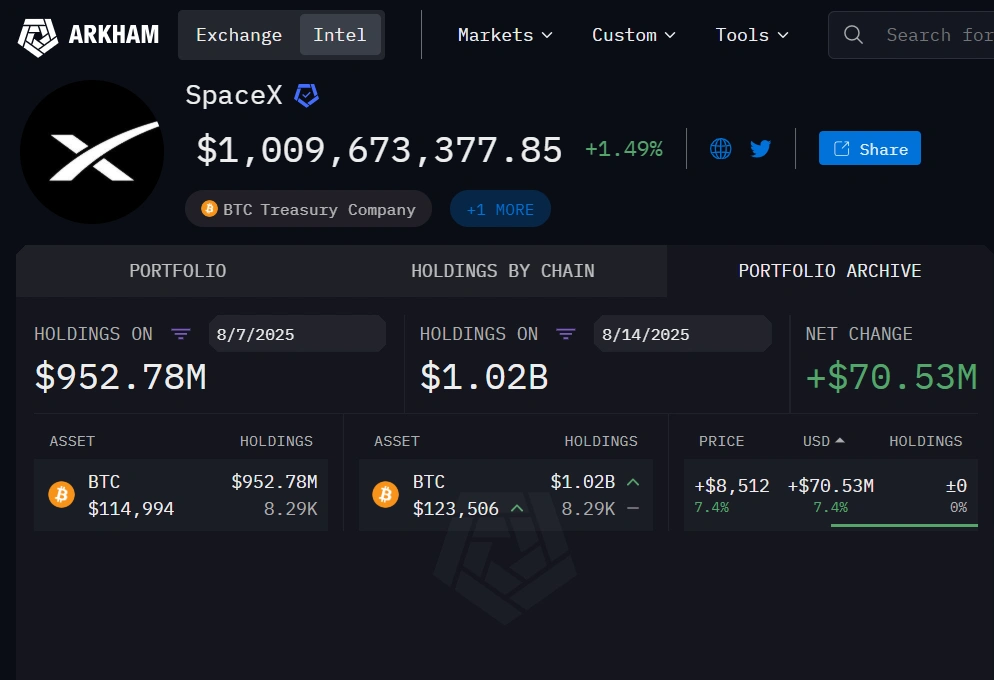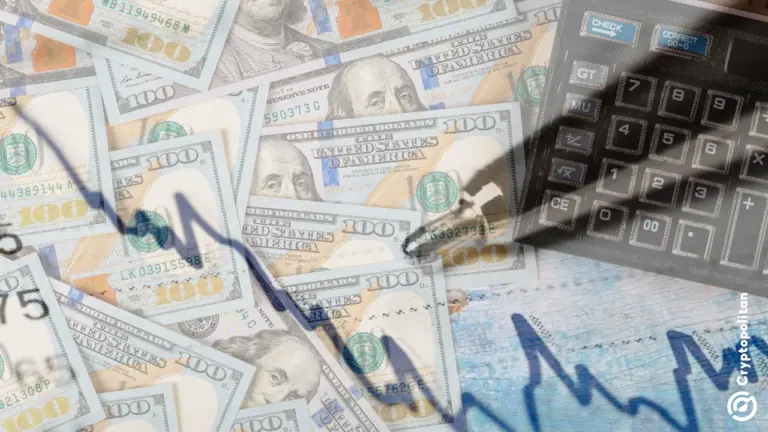JPMorgan Sees Tariff Impact on U.S. Inflation
- JPMorgan highlights potential downside risks to U.S. core CPI.
- Tariff pressures could elevate headline inflation in H2 2025.
- Financial markets may react to inflation data shifts.
J.P. Morgan predicts potential downside risks to the U.S. Core CPI due to tariff dynamics and disinflationary elements, ahead of the key inflation data release.
Implications for financial markets include potential volatility in rates and cryptocurrencies, as tariff-related pressures may affect the Federal Reserve’s approach to monetary policy.
JPMorgan Global Research projects that near-term tariff dynamics may increase headline inflation while certain components could pose downside risks for U.S. core CPI. This comes amid a backdrop of evolving economic pressures on inflation postures.
Led by Bruce Kasman, J.P. Morgan Global Research identifies tariff effects as a core driver of U.S. inflation dynamics for H2 2025. Priya Misra of JPMorgan Asset Management anticipates a hotter July CPI, yet notes the Fed might remain flexible.
Tariff-related pressures on inflation could constrain Fed policies, affecting markets like rates and crypto, notably BTC and ETH. The anticipation of continued inflation is crucial for policy setting and investor sentiment.
Macro indicators like CPI are pivotal in understanding financial market behavior. As tariff influences escalate, the Fed’s potential interest rate adjustments may impact economic landscapes, particularly in sectors exposed to tariff imports.
Discrepancies in inflation components may arise, particularly if services inflation remains soft, contrasting with headline tariffs. Expert analysis points to potential policy constraints impacting financial strategies.
Pervasive global economic shifts have often led to realignments in central bank positions, indicating a potential continued volatility in U.S. CPI assessments. Historical trends suggest markets may adjust quickly to any regulatory or policy changes.
Bruce Kasman, Head of Economic Research, J.P. Morgan Global Research, – “Global core inflation is projected to increase to 3.4% annualized in the second half of 2025, largely due to a tariff‑related U.S. inflation increase.”
Disclaimer: The content of this article solely reflects the author's opinion and does not represent the platform in any capacity. This article is not intended to serve as a reference for making investment decisions.
You may also like
Norway hands Musk Tesla boost as SpaceX BTC holdings expand past $1B
Share link:In this post: Tesla’s sales in Norway have surged despite growing discontent among Norwegians regarding Elon Musk’s political stance. SpaceX’s BTC holdings have crossed the $1 billion mark again. Tesla’s deep ties in Norway influence its consistent sales numbers, but it is slowly losing its dominance as more rivals make headway.

Musk tips Google to dominate AI as it commits extra $9B to Oklahoma AI, cloud infrastructure
Share link:In this post: Elon Musk says Google currently has the highest probability of leading AI due to its compute and data advantage. Google will invest $9 billion in Oklahoma to expand AI and cloud infrastructure over the next two years. The plan includes a new Stillwater data center campus and expansion of its Pryor facility.
Nvidia partner Foxconn reports strong surge in AI server sales
Share link:In this post: Hon Hai Precision Industry (Foxconn) reported a 27% increase in Q2 profits, driven by sales in its AI server business. The company reported a net income of NT$44.36 billion for the period, surpassing an average analyst projection of NT$36.14 billion. It also expects significant growth in Q3 and the rest of the year.
US PPI beats estimates with 3.3% annual gain in July
Share link:In this post: US PPI jumped 3.3% in July, the highest annual gain since February. Monthly PPI rose 0.9%, blowing past the 0.2% forecast. Service costs surged, led by machinery wholesaling and portfolio fees.

